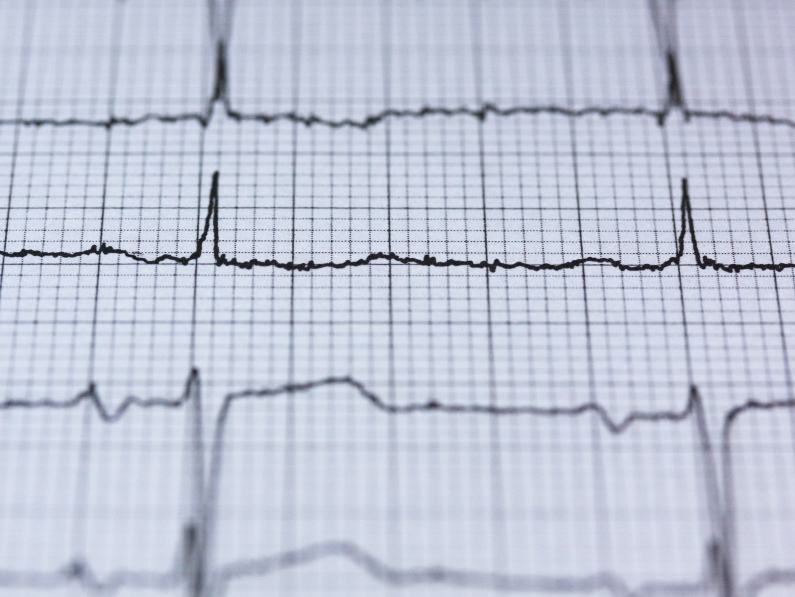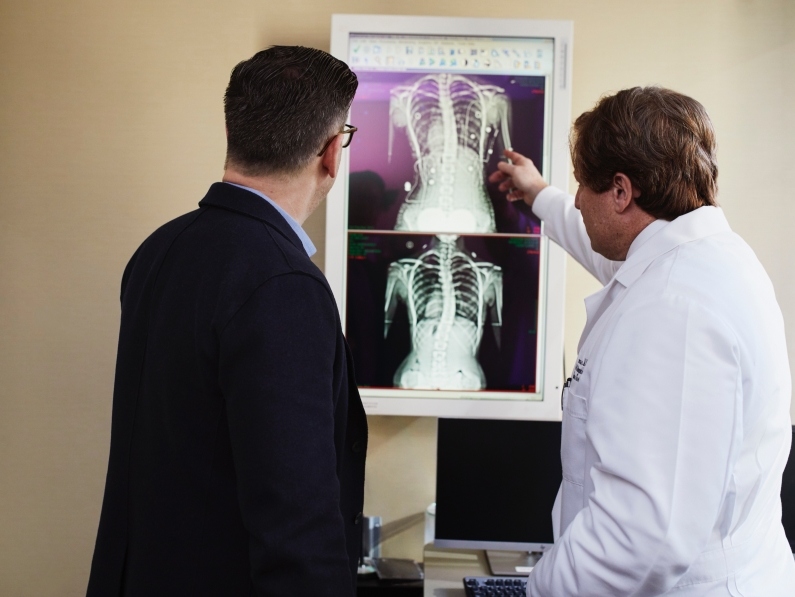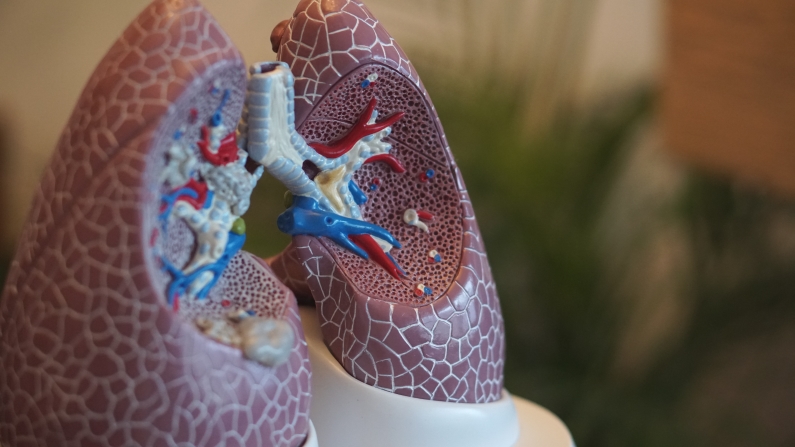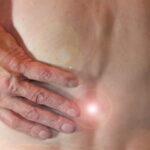In recent studies, researchers found that a clinical assessment with a lung ultrasound (LUS) could improve outcomes in patients with acute decompensated heart failure (ADHF).
Studies are now showing that an LUS could be a useful marker for the fatal disease.

The Trials
Heart failure is the most common reason for hospitalization in patients over age 65. What’s more alarming, is half of these patients go back to the hospital in the first year after diagnosis.
The trials focused on 1827 patients who went back to the hospital for worsening heart failure. All physicians were blinded to the data from patients in control groups.
The Results of Using a Lung Ultrasound For Acute Heart Failure
The results suggested that an LUS provided improved accuracy for detection of heart failure. Specifically, getting an LUS alongside clinical assessments showed greater sensitivity. Researchers compared this to traditional diagnostic tools like a chest x-ray and natriuretic peptide testing.
The lung ultrasound is an emerging tool, and these results are significant because its the first time using it in randomized studies.

What It Means
The benefit of the LUS is that it gives important information about sub-clinical congestion, which is one of the most common predictors in patients with ADHF. This means that an LUS may be helpful in evaluation or initial clinical assessments of patients presenting dyspnea, cardiogenic pulmonary edema, and possibly ADHF.
Dyspnea alone accounts for almost 4 million visits per year to the emergency room in the United States. Diagnosing is difficult and often incorrect, so patients stay in the hospital longer than they should. During this wasted time, physicians troubleshoot the symptoms.
Even worse, 20% of the time a chest x-ray by itself gives a false negative for detecting pulmonary edema.
Aside from ADHF, physicians are considering multiple conditions like pneumonia, obstructive pulmonary diseases and pulmonary embolism, and asthma.
So an accurate diagnosis is critical in order to gain an effective treatment for serious diseases.
According to Dr. Rivas-Lasarte, key physician in the trial, he wants to “reinforce the importance of LUS-identified sub-clinical congestion in heart failure management. We want to encourage heart failure specialists to use LUS more frequently to detect sub-clinical congestion, which enables more effective treatment of these patients.”
Despite the findings, physicians still don’t recommend replacing standard clinical assessments with a lung ultrasound alone. More research is still in the works.
For more information on the study, visit https://www.ultrasoundgel.org/posts/Kvvq4smDgh-xmNpA-g4NdQ.







